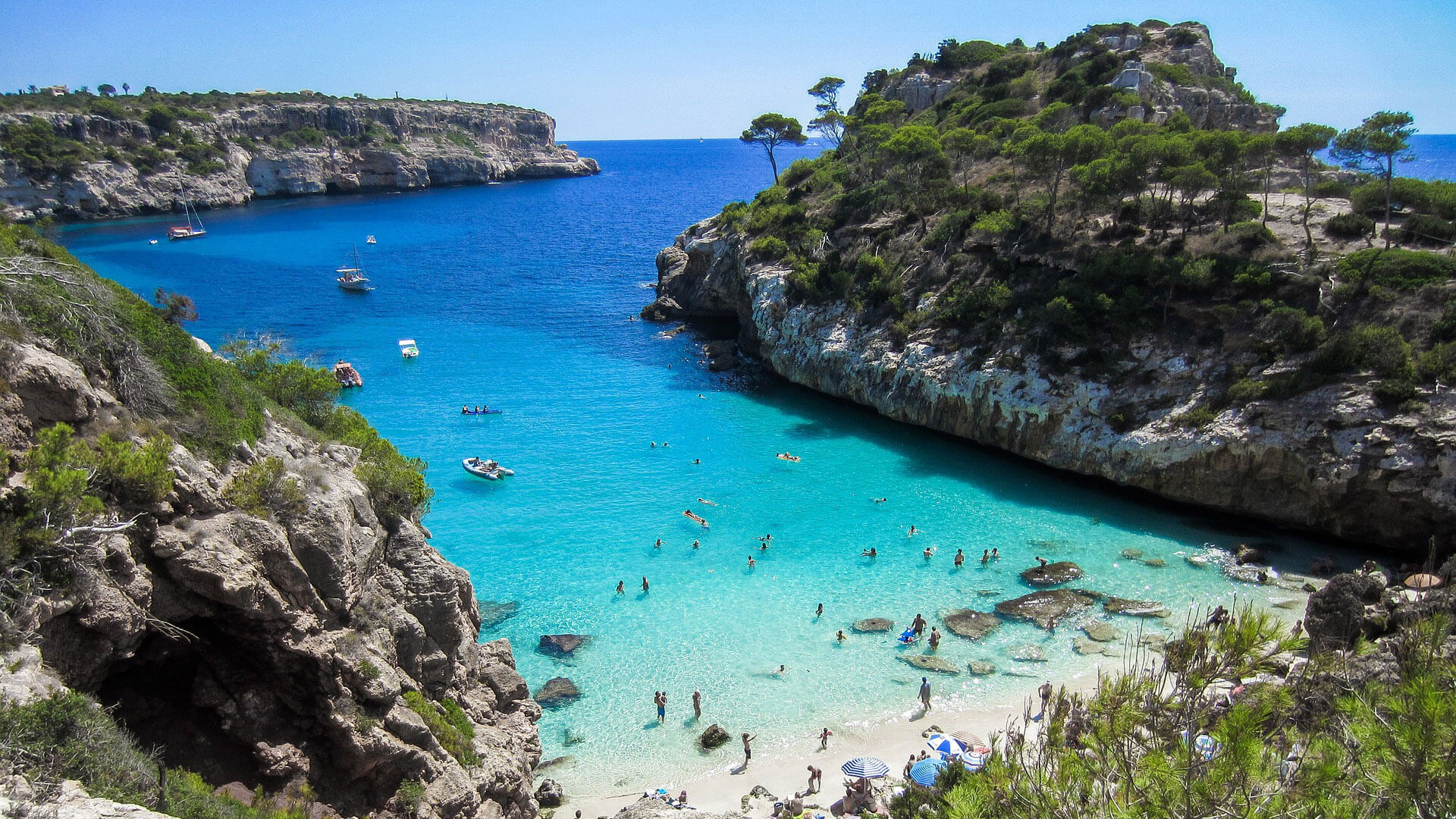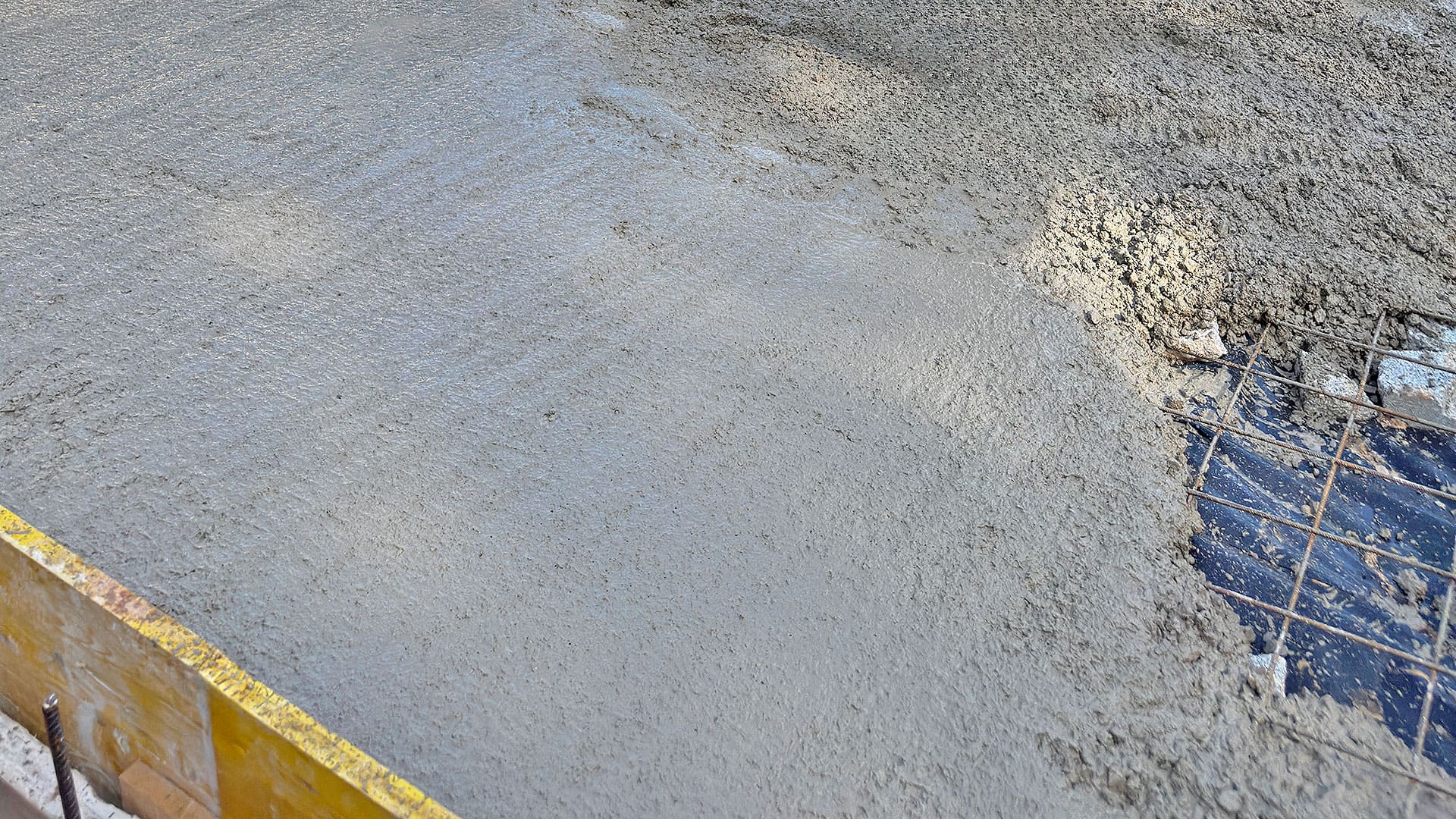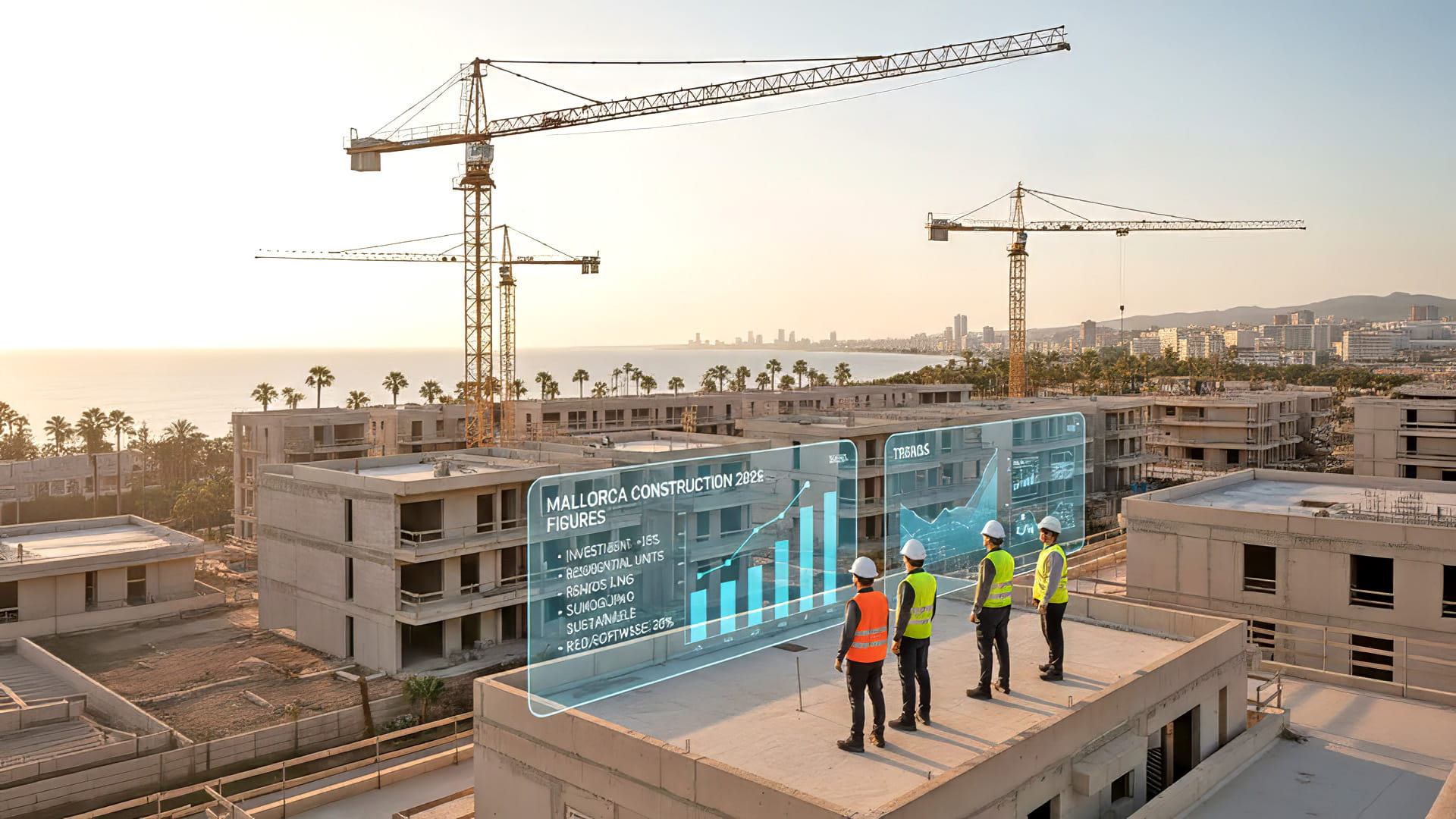

The impact of tourism in the construction industry in Majorca
The steady increase in tourism in Majorca has had a significant impact on various sectors of the island’s economy, particularly the construction industry. Tourism in Majorca began in the 1950s. At that time, it was mainly wealthier travellers who came to Majorca. The introduction of charter flights in the 1960s made Majorca accessible to a wider audience. Cheap flight tickets made it possible for the middle class to visit the island. Majorca became a destination for all-inclusive holidays, which led to an exponential growth in tourist numbers.
One of the most obvious influences of tourism on the construction industry is the building of hotels and holiday resorts. To meet the demands of millions of visitors, numerous construction projects were built along the coast and in the interior of the island. These construction projects marked the beginning of a building boom that continues to this day. However, it is not only tourist accommodation that has experienced a boom; residential construction has also been strongly influenced. Many foreigners, particularly from Germany, the UK and Scandinavian countries, have bought holiday homes or second homes in Majorca in recent years. This has massively increased the demand for high-quality residential complexes and villas. The construction industry has responded by realising more projects in the luxury segment.
Tourism has also created the need to improve the island’s general infrastructure. Roads, airports, harbours and public transport have had to be expanded and modernised to cope with the influx of tourists. These infrastructure projects have also created significant projects and jobs for the construction industry. Of particular note is the expansion of Palma de Majorca Airport, which is now one of the busiest airports in Europe.
Economic impact
Job creation:
The construction of tourist infrastructure and residential buildings has created a large number of jobs. This concerns not only construction workers, but also architects, engineers and other skilled labour. The construction boom has thus contributed to a reduction in unemployment and an increase in living standards for many inhabitants of Mallorca.
Rise in property prices:
The increased demand for property, both for tourist purposes and for second homes, has led to a significant rise in property prices and rents. This has both positive and negative effects. On the one hand, local construction companies and investors are benefiting from the increased prices, while on the other, many locals can no longer afford property or find affordable rental properties, leading to social tensions.
Challenges and criticism
Environmental pollution:
The intensive construction activity driven by tourism also has a negative impact on the environment. The construction of large hotel complexes and residential developments often leads to the destruction of natural habitats and an increased burden on the environment through waste and pollution. These environmental impacts have led to increased criticism and calls for more sustainable construction practices.
Overdevelopment and loss of cultural heritage:
Another point of criticism is the overdevelopment of the island, which can lead to a loss of traditional character and cultural heritage. Many locals complain that the rapid development and mass tourism are detracting from the authenticity of the island and impairing the quality of life.
Future prospects:
In light of the challenges and increasing environmental awareness, there are efforts to make building practices in Majorca more sustainable. This includes the use of environmentally friendly materials, energy-efficient construction methods and the integration of renewable energy in construction projects. The local government and various stakeholders are working to promote sustainable tourism that both maximises the economic benefits and minimises the negative impacts.
Against this backdrop, Dressler & Partner plays a particularly forward-looking role as one of the leading construction companies in Majorca, as the company has specialised exclusively in the construction of high-end single-family homes for 30 years now, using German construction methods to create innovative and sustainable projects that serve as either primary or secondary residences. These construction projects not only meet the highest quality standards, but also make a significant contribution to the sustainable development of the island by meeting the growing demands for environmentally friendly and future-orientated construction.
Conclusion:
To summarise, tourism has had a profound impact on the construction industry in Majorca. While it has brought numerous economic benefits and contributed to the modernisation of infrastructure, it also poses significant challenges in terms of environmental impact and social balance. It will be crucial to find a balance in the future that harmonises economic interests with the needs of the environment and the local population.

